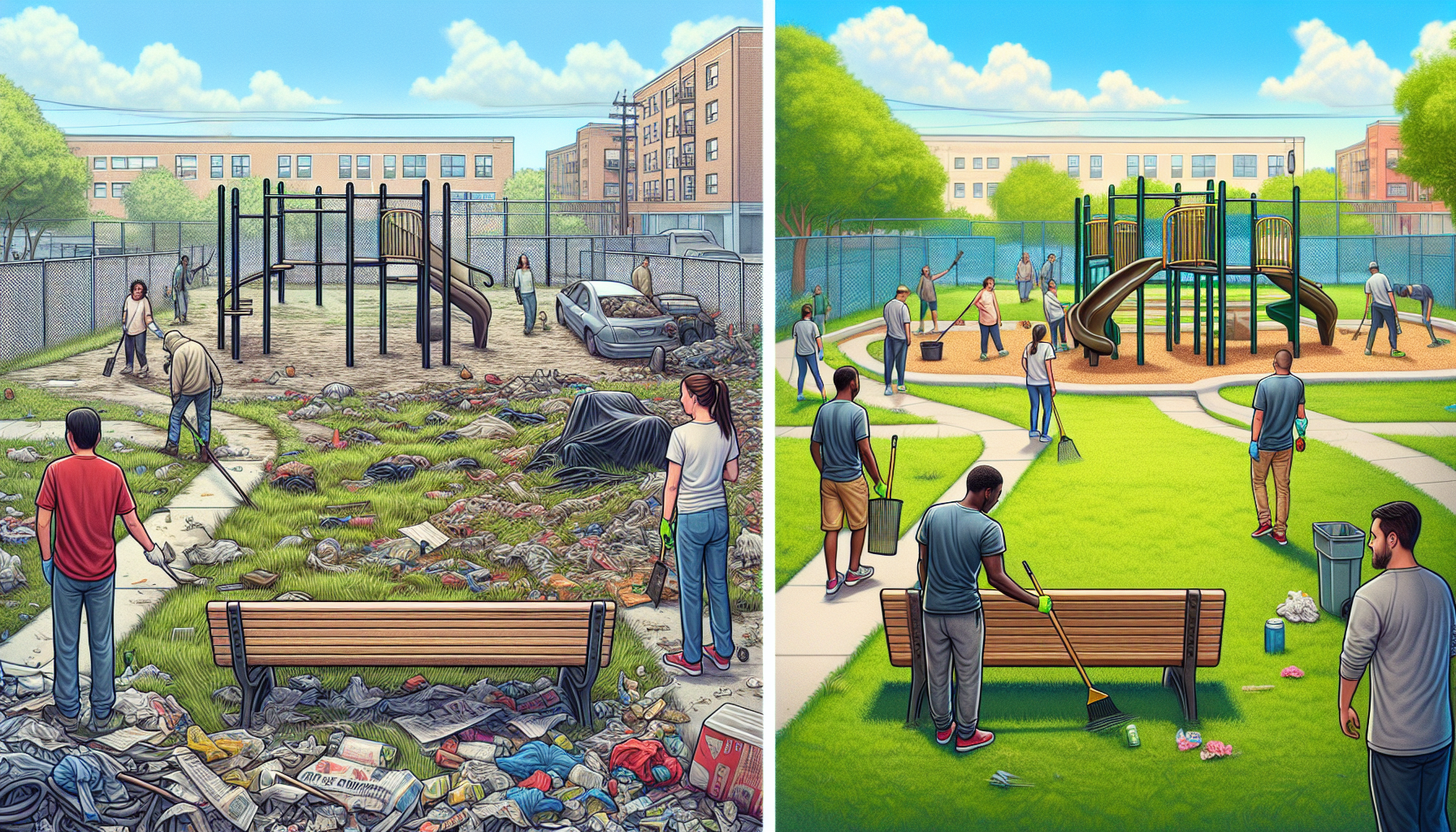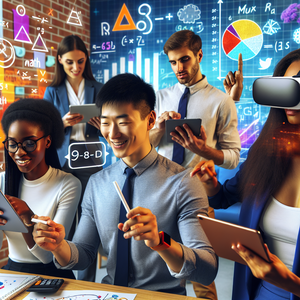The Art of Unblocked Games: How They Became a Study Tool for Students

Unblocked games are typically web-based games that can be accessed from school computers despite restrictions. Initially perceived as a way to pass the time during breaks, their educational potential is now being recognized. The rise of gamification in education—a method that integrates game elements into non-game contexts—has significantly contributed to this transformation. Teachers are increasingly using these games to create engaging learning environments that can motivate students.
Enhancing Learning and Creativity
One of the most significant benefits of unblocked games is their ability to enhance learning in a fun and engaging way. For example, games like "Prodigy Math" combine mathematics with adventure, encouraging students to solve problems while navigating through a fantasy world. This not only makes math more enjoyable but also helps students apply their knowledge in an interactive context.
Building Problem-Solving Skills
Problem-solving is a crucial skill that students must develop to succeed academically and professionally. Unblocked games often require players to think on their feet, make quick decisions, and navigate challenges. For instance, strategy games like "Bloons Tower Defense" require players to plan their moves carefully to prevent balloons from escaping. This type of gameplay teaches students to analyze situations, consider consequences, and devise effective strategies—all valuable skills in both schooling and real life.
Teacher Perspectives
Many teachers have begun to embrace unblocked games as part of their teaching arsenal. Educators report that using games in the classroom can lead to increased engagement and motivation among students. According to a survey conducted by the National Education Association, approximately 70% of teachers who used games in their classrooms reported improved student focus and participation.
Unblocked games have transitioned from simple distractions to powerful educational tools that can enhance learning, creativity, and problem-solving skills. As more educators recognize their potential, these games are likely to become a staple in classrooms, bridging the gap between play and education.
Educational Game Designer
Kahoot!, Prodigy Education, educational technology startups
Core Responsibilities
Design and develop engaging educational games that align with curriculum standards and promote skill development.
Collaborate with educators to ensure games meet learning objectives and effectively integrate into classroom settings.
Conduct user testing and gather feedback from students and teachers for continuous improvement.
Required Skills
Proficiency in game development software (e.g., Unity, Unreal Engine).
Strong understanding of educational pedagogy and curriculum design.
Creative problem-solving skills with a passion for gamification in education.
Educational Technology Specialist
School districts, educational nonprofits, edtech companies like Google for Education
Core Responsibilities
Support the integration of technology and digital tools, including unblocked games, into educational practices.
Provide training and resources for teachers on effective use of educational games and software in the classroom.
Evaluate and recommend new technologies to enhance learning experiences.
Required Skills
Familiarity with various educational technologies and their applications in classrooms.
Strong communication and presentation skills to effectively train educators.
Ability to analyze data and assess the impact of technology on student learning outcomes.
Curriculum Developer for Game-Based Learning
Educational publishers, curriculum development firms, school districts
Core Responsibilities
Create curriculum frameworks that incorporate game-based learning strategies and unblocked games to enhance student engagement.
Collaborate with subject matter experts to ensure content accuracy and relevance.
Assess and revise curriculum materials based on educator feedback and student performance data.
Required Skills
Background in education with experience in curriculum design and development.
Understanding of game mechanics and their educational applications.
Strong organizational skills and attention to detail in content creation.
User Experience (UX) Researcher for Educational Games
Edtech companies, UX design firms, educational institutions
Core Responsibilities
Conduct user research to understand the needs, preferences, and behaviors of students and teachers using educational games.
Analyze data to identify trends and insights that inform game design and development.
Collaborate with designers and developers to enhance the usability and engagement of educational games.
Required Skills
Experience in UX research methods, including surveys, interviews, and usability testing.
Ability to synthesize research findings into actionable design recommendations.
Strong analytical skills and familiarity with data analysis tools.
Game-Based Learning Consultant
Consulting firms specializing in education, nonprofits focused on educational reform, educational technology companies
Core Responsibilities
Advise schools and educational organizations on the implementation of game-based learning strategies and unblocked games.
Conduct workshops and training sessions for educators on integrating games into lesson plans effectively.
Evaluate the effectiveness of game-based learning initiatives and provide recommendations for improvement.
Required Skills
Strong background in education, instructional design, or educational technology.
Experience in game design or knowledge of educational games and their impact on learning.
Excellent interpersonal skills to collaborate with educators and stakeholders.


